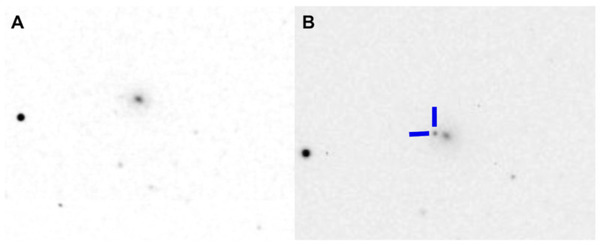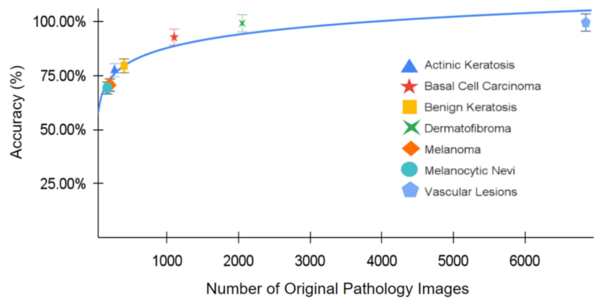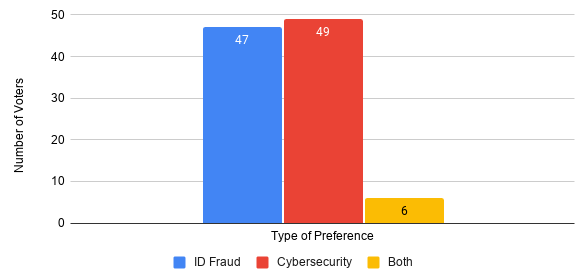
The authors looked at the relation between stress and motivation in high school students with 4+ AP classes that also played a varsity sport. No distinct correlation was observed, however, results indicated that there are other factors at play that influence both stress and motivation.
Read More...






.png)
